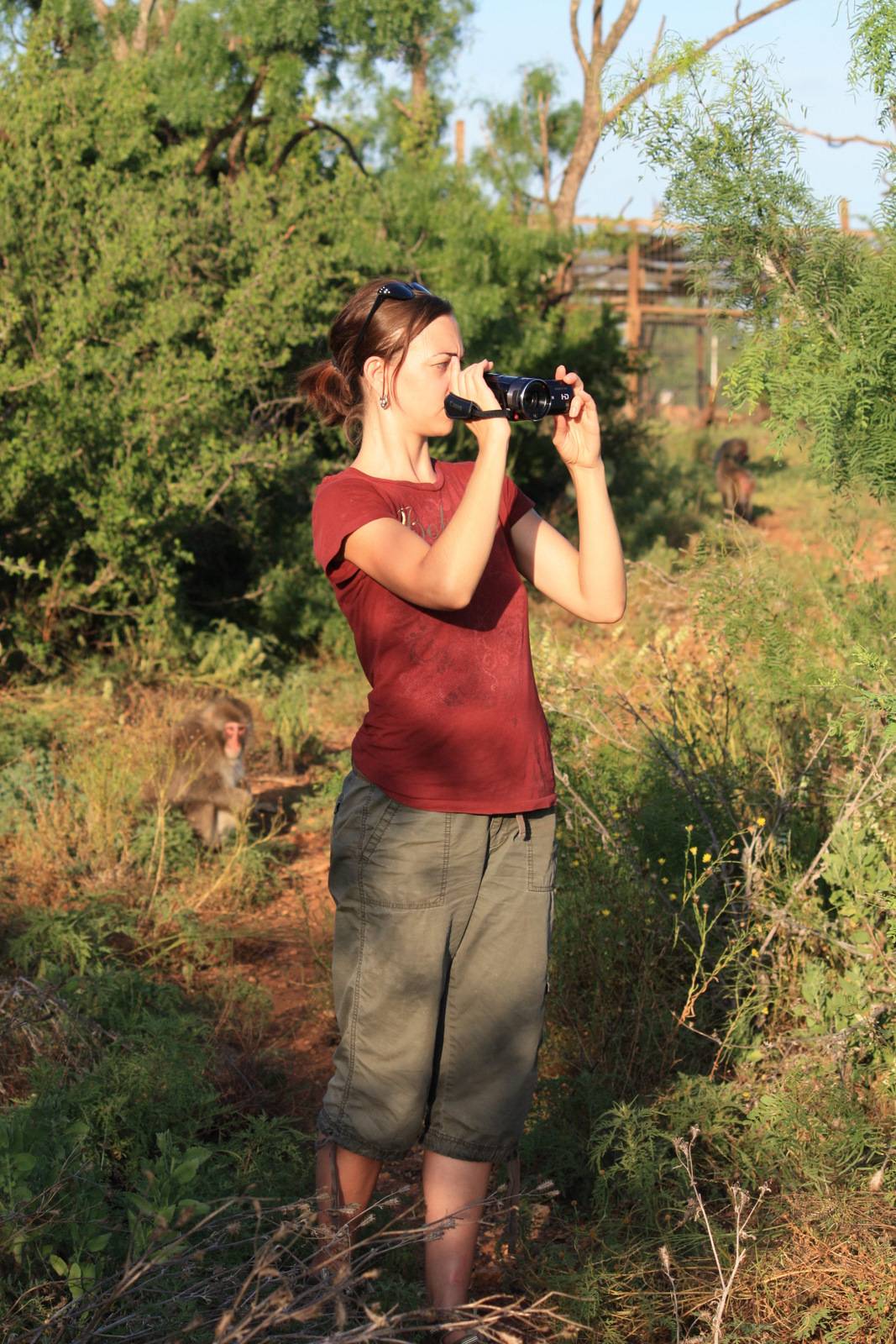
Anthropology majors interested in developing real-world competencies can earn credit in ANTH 4390 (Internship in Anthropology) by completing a one-semester (spring, summer, or fall) internship at an organization of their choice. ANTH 4390 can be repeated once for credit.
Internships consist of approximately 120 work hours for the semester (the equivalent workload of a 3-hour class) and provide a genuine apprenticeship experience. Internships are usually unpaid, but paid internships are possible. Many former interns have continued at their internship organizations long after completing the requirements for their internship, either as employees or simply for the added experience. Here are a few quotes from past interns.
From an archaeology intern at the Bureau of Land Management:
This internship was advantageousness in the regard that I now have opportunities to apply for any federal agency under the Department of Interior (DOI) noncompetitively after I graduate. I also gained lifelong personal and professional relationships through this internship. Additionally, I had the pleasure of working with some of the most intelligent and passionate individuals who take pride in the work they’re doing daily.
From a biological anthropology intern at the Defense POW/MIA Accounting Agency:
As an intern with the Defense POW/MIA Accounting Agency, I was able to experience first-hand the day to day operations that lead to the identification and repatriation of servicemembers who have given their lives in protection of the United States. The dedication of each person involved in the DPAA inspired me as a student of forensic anthropology.
From a cultural anthropology intern at the Hays County Foodbank (HCFB):
During my time at HCFB, I gained skills such as transcribing, interviewing, using recording devices. What I learned from those skills is what is most valuable to me. My ability to pay attention to details was tested and refined through the transcriptions that I was creating. The database that I updated taught me how to use Google sheets and organize data appropriately. These are skills that I used in order to get my next internship.
Requirements for ANTH 4390, in addition to organization-specific tasks of the internship, include: participation in a weekly discussion group comprised of all anthropology interns during that semester, submission of a weekly internship journal, and submission (at the end of the semester) of a final internship report, the purpose of which is to place the internship experience in an anthropological perspective.
IMPORTANT: It can take some time to set up internships. Students who are interested in an internship should meet with the Internship Coordinator to begin working on an internship placement during the semester prior to the one in which they want to intern. Internships in some areas (especially forensic anthropology and biological anthropology) are competitive.
To get started, browse through the Finding Internships page and contact the Internship Coordinator.
-
Frequently Asked Questions
-
Why Pursue an Internship?
- An internship allows you to explore a specific career before graduation and find out if it is right for you.
- An internship can help you overcome the paradox that employers won’t give you experience unless you already have experience!
- Internships can offer the opportunity to learn research and technical skills that supplement academic courses.
- You can take the mystery out of the process of applying for a professional job because finding an internship follows much the same process.
- You can seek letters of recommendation from your internship supervisor and the internship coordinator.
- Internships help build a professional network that includes potential job leads. In fact, former interns have been hired after graduation by their internship sites or have found professional work through their internship contacts.
-
Am I eligible for internship credit
Prerequisites for ANTH 4390 are:
- You must be a declared anthropology major at Texas State with a 2.5 or higher GPA for your anthropology classes.
- You must have permission of the internship coordinator. This means the internship coordinator will need to approve your internship plan prior to issuing an override for you to register. Remember, you must meet with the internship coordinator to begin working on your internship placement during the semester prior to the one in which you want to intern.
-
Are there exceptions to the GPA policy?
Internship course credit is available to students who are on track to graduate on the strength of their academic performance. Therefore, you need a 2.5 average in your anthropology courses before you will be permitted to register for ANTH 4390. The only exceptions to this policy are the following:
- The internship coordinator receives notification from a Liberal Arts advisor that you absolutely require ANTH 4390 in that semester in order to graduate, and no other alternatives for fulfilling your degree requirements have been identified.
- You have obtained an exceptional internship under unique circumstances and the internship coordinator decides it is in the Department’s interest for you to be part of the internship program.
-
Do I need to be a junior of a senior to intern?
The answer to that question is “no.” However, it’s important that you have enough background in anthropology to have a good idea of what your interests are for an internship. In addition, your transcript needs to show enough evidence of your academic performance to make the internship coordinator confident you will represent the Department well as an intern. Otherwise, it threatens the ability of future students to obtain placement at that organization. Finally, since internships offer you professional contacts, being closer to graduation may allow you to use your contacts to help in your post-graduate job search. However, in some situations, it’s appropriate to pursue an internship prior to your junior year.
-
